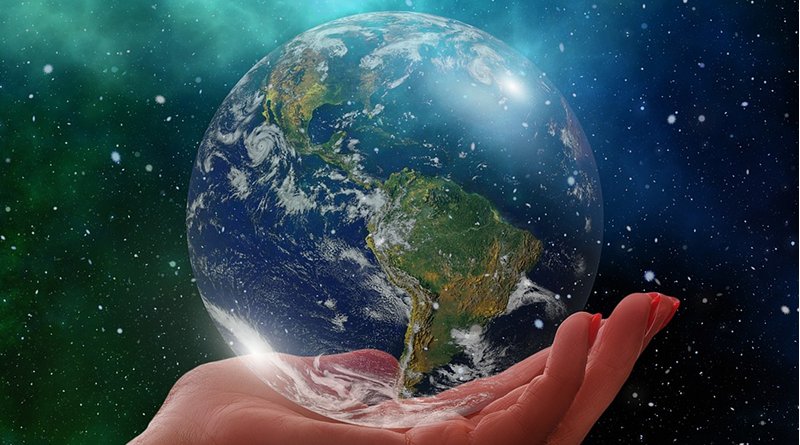Global Pandemic And Future Of Nation-States – OpEd
Since ancient times, human beings have organized themselves in particular units to facilitate relations among them. Whether these units were in the shape of Greek city-states, tribal kingdoms, empires like Roman or Persian or modern nation-state system which is also called Westphalia model. The Treaty of Westphalia was signed in 1648. It established a monopoly of the state over its subjects and recognized the sovereignty of state from any kind of external interference.
Previously, though the state enjoys generally autonomy in internal affairs but it works under the supervision of religious power, nominally if not practically. After that sovereignty of the state is recognized, it had the power to administer the relationship between people living within its territory. As Max Weber rightly defined a state as a “human community that successfully claims the monopoly of the legitimate use of violence within a given territory”
But this system of modern nation-states could not prevent human suffering. Scholars found the remedy of this problem in controlling the power of states who are responsible for protracted wars. To mitigate the power of the ruling elites and minimize the chances of war they have transformed them in a better way in which power to use violence was to some extent was given to the masses as they were allowed to choose their leader through a democratic system. Besides promoting the idea of democracy they were also interested in establishing international institutions as Woodrow Wilson, former US President, in his famous fourteen points after WWI, envision an International body that will manage the relationship between states.
Though the idea of the League of Nations failed miserably but it again got prominence when The United Nations was formed in 1945 and it did play an effective role to some extent. The emergence of the other actors like a multinational corporation, international non-governmental organizations and the growing interdependence of states on each other further strengthen the belief that we are going in a direction where national states will not have enough power to dictate global politics.
Liberal scholars were at the forefront to minimize the power of nation-states. Because they consider them the biggest threat to international peace. The first and most important step to lessen the power of nation-states was the establishment of international institutions. League of Nations, The United Nations, and its different organs even intergovernmental organizations like the European Union are also playing an important role in lessening the importance of nation-states. Many times states have to accept the decision made by these international bodies. It provides a sense of stability in the anarchic international system.
Capitalist world economies and revolution in means of communication also played an important role in transcending the state boundaries. The major part of International trade is now done not between states but among multinational corporations which are largely not in control of the particular state. Hundreds of thousands of people travel across the borders every day. It reached its apex when USSR was disintegrated. Francis Fukuyama had even written an article about “End of History” According to this liberal international order will not face any ideological challenge in the upcoming future. Ideas like humanitarian intervention got prominence, which threatened the sovereignty of the state. These developments were so fast and rigors that Former British Prime Minister Tony Blair claimed in the late 1990s that “We are all internationalists now”.
Though interdepended in economic and other aspects of life is very much reality in the modern world. But with the dawn of the 21st-century terrorism emerged as a new threat to destabilize the peace of the world. With horrifying terrorist attacks, nation-states again got prominence.
Common people were again looking towards states institution, that they consider as a protective shield against the menace of terrorism. Strong laws were enacted to give more coercive power to state institutions. Even these laws were supported by the masses because they consider it necessary for their survival. More restraints were implemented on cross border movement. Overall states got prominence as protectors of the masses and only power to use force. Global Pandemic COVID-19 provided more reasons for states to exert their power and influence. International flights are prohibited and the countrywide lockdown was implemented with force by many states around the globe. Again only state institutions are instrumental in helping people to come out of this grave tragedy.
Though states already had the power to use all these things but this phenomenon of terrorism and COVID-19 provided again the legitimacy which states were losing gradually to use coercive forces. China which was the first country to overcome this pandemic has strong state institution and their laws are stricter than western democratic states which are suffering the most. One reason was that due to their internal laws and nature of their society they could not implement such harsh measures as China did. Considering this scenario we can well assume that these measures taken by different states are seen as a legitimate tool to exert their power and even though nation-states had compromised many things under the name of International law but still they are the dominant actors in the world politics.
*Muhammad Rizwan is a research scholar of MS International Relations at COMSATS University Islamabad. His email address is [email protected]

